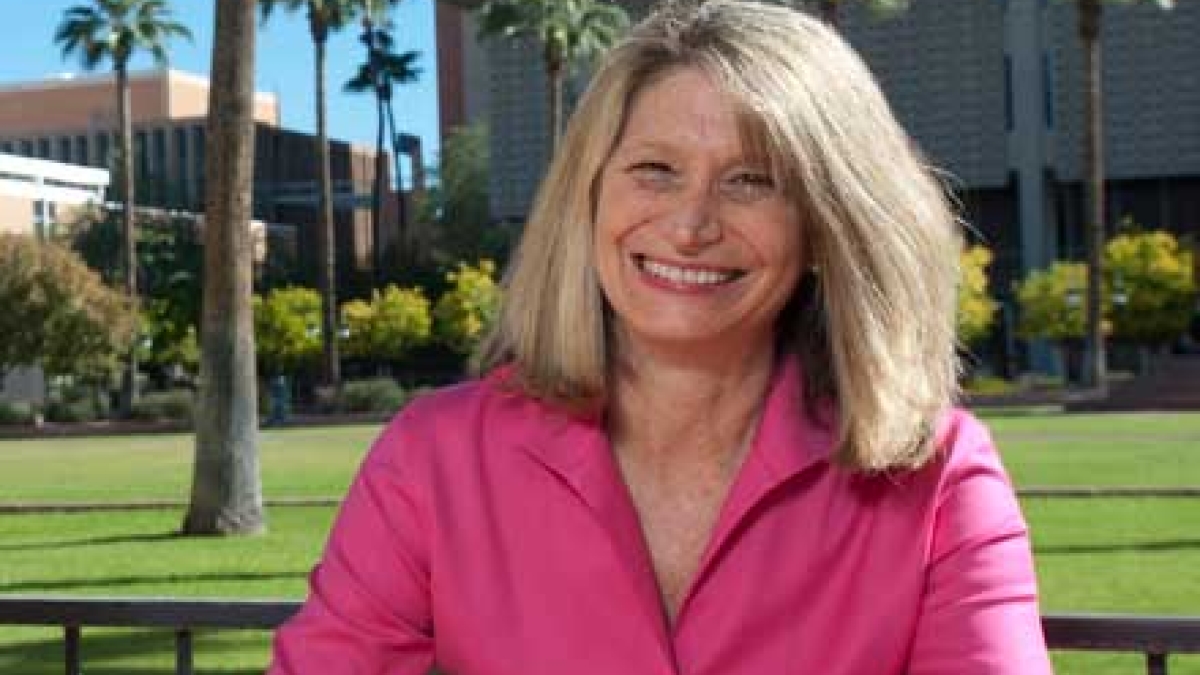Ms. Magazine taps faculty for online teaching expertise

Recognized for developing successful online programs in women's studies, Georganne Scheiner Gillis, associate professor and faculty head of women and gender studies, and Michelle McGibbney Vlahoulis, lecturer, recently led an intensive workshop for Ms. Magazine on "Teaching Women's Studies Online" at the magazine's editorial offices in Los Angeles in February.
The workshop attracted about 30 participants from women and gender studies programs from around the country. Gillis and Vlahoulis focused on how to develop challenging and interactive syllabi, engage students with feminist digital resources, and use technology for successful student outcomes.
Ms. was originally published beginning in 1978 as a nonprofit through the Ms. Foundation for Education and Communication, explains Scheiner Gillis. From 1987 to 2001 it was run as a for-profit advertising-free magazine. In 2001 the Feminist Majority Foundation assumed ownership. Today the magazine operations are located in the Los Angeles offices of the Feminist Majority.
"About five years ago, in an effort to generate revenue and reach a new generation of readers, the magazine began a digital edition for the classroom," Scheiner Gills says. "ASU's Women and Gender Studies Program piloted the original Ms. in the Classroom and along the way we suggested a number of innovations that were in turn adopted by the magazine.
"At the recent workshop Michelle and I talked about the ways in which we had integrated the magazine into our survey courses (both hybrid and online) as well as some upper division classes and shared some of the positive feedback we’ve had from students," she observes. "One thing we tried to focus on was the online learning environment as a site of feminist pedagogy. We emphasized that the technology is not as important as the pedagogy. That is, instructors first must decide on the pedagogical framework and then bring the technology into that framework."
"In our classes we create a community of learners, which is an important part of feminist pedagogy," continues MIchelle McGibbney Vlahoulis. "We use technology as a way to really engage our students, using a variety of online exercises, podcasts and interactive media — and we give them the ability to work in smaller, more intimate groups that they wouldn’t be able to do in our large classroom settings."